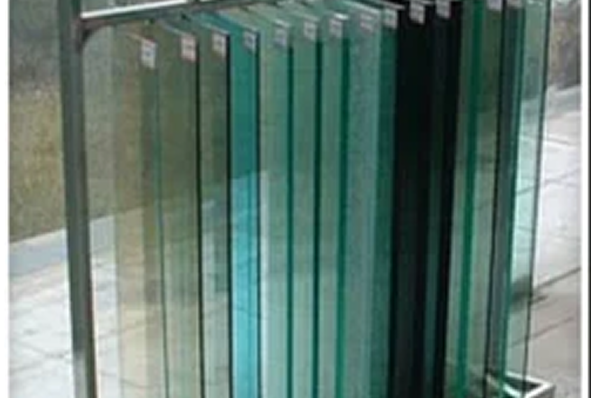"Anmol Bunglow", 1st Floor, Plot No. 2, Mangal Co. Op. HSG Soc.,
Behind Indraprasth Mangal Karyalaya,
Gangapur Road, Nashik - 422005.
Dist : Nashik, Maharashtra (India).

Heat strengthened glass is similar to tempered
glass except that after heating the glass in a furnace as
in the case of tempered glass, the cooling is done at a
much slower pace. The heating temperature remains nearly the same for
both processes. The residual stress on the edge and the glass surface
differ in both cases with tempered glass having a higher level of
stress. Due to the relatively lower rate of cooling during the
strengthening process, heat strengthened glass develops less stress as
compared to fully tempered glass.
Characteristics of Heat Strengthened Glass:
Strength: The process increases the mechanical
and thermal strength of heat strengthened glass, making it twice as
tough as annealed glass but nearly half of fully tempered glass. However,
its breakage characteristic is similar to annealed glass, which means that
it breaks down into sharp pieces like ordinary glass even though it
has been put through the heat strengthening process.
Optics: Heat strengthened glass has a
comparatively flatter finish than fully tempered glass. It therefore
has lesser optical distortions and so can be used in places where high
optical quality is required.
Safety: It can be used for general glazing where
additional strength or resistance to mechanical/thermal strength is
desired. The glass can also be used in high wind load areas, but cannot be used
in any safety glazing applications. As Heat Strengthened glass breaks in a
manner similar to that of float glass, the fragments tends to remain in
the sashes, having less probability of fallout as compared to tempered
glass. In comparison with tempered glass, heat strengthened glass is not
easily broken spontaneously.
High Thermal Shock Strength : Heat Strengthened
Glass will resist temperature difference of up to approximately 130°C.